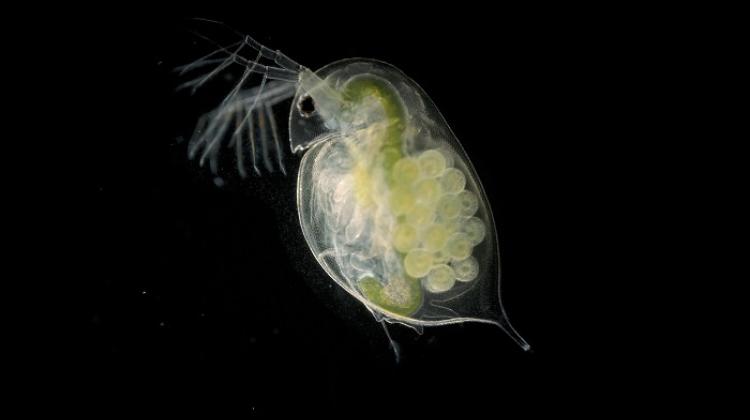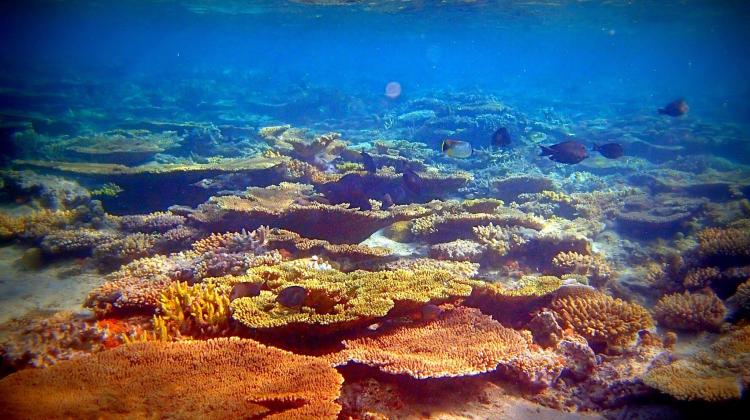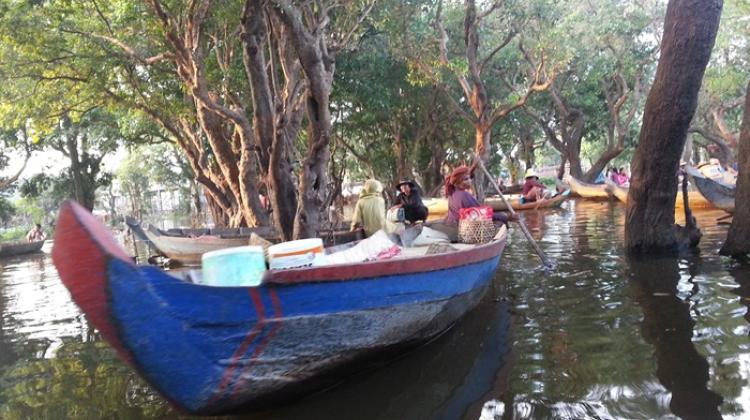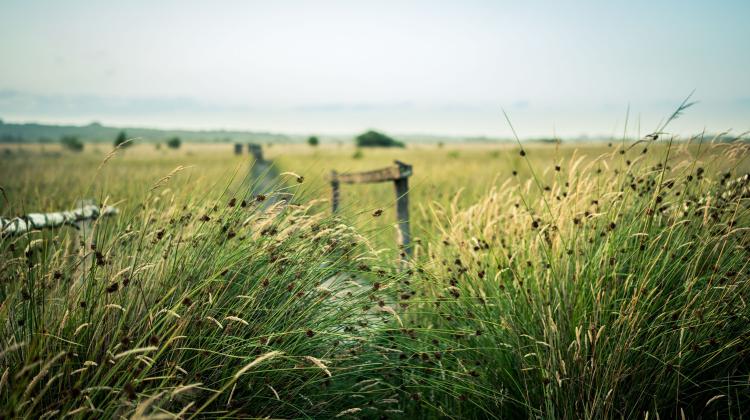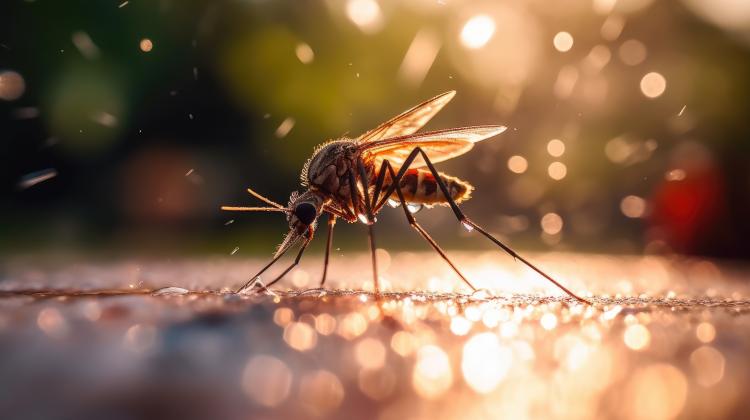Only biodiversity can save us from future pandemics, says Katowice ecologist
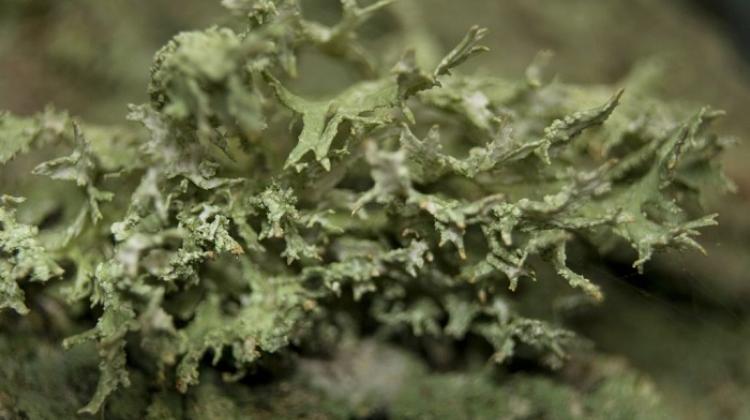 Credit: Fotolia
Credit: Fotolia
Biodiversity is the only thing that can protect us from the transmission of further zoonotic viruses to humans and from further pandemics, says a scientist from the University of Silesia in Katowice.
Professor Piotr Skubała said: “Life on our planet is a great network of connections. We humans are one of the threads of this network, just as important as the rest and dependent on the existence of others. The guarantee of our survival and safety on Earth is therefore the preservation of biodiversity at various levels of life - genetic, species and ecosystem. We will either understand this and feel that we are part of nature, or we will destroy many species, relationships between them, and ultimately ourselves.”
Today, man engages in many activities that contribute to the extinction of life on Earth. Factors such as environmental destruction (deforestation, overhunting and overfishing), agriculture and animal husbandry (soil management, food production, industrial livestock farming), land grabbing (foe example, flooding cities with concrete) can be mentioned. The development of invasive species and climate change also have an impact.
According to Skubała, the pandemic we have been struggling with for over a year should be a cold shower for humans. He said: “The pandemic reminds us of the close relationship we have with our planet; about the fact that we are part of one great biosphere. Scientists have been warning about this. Even Hippocrates and Aristotle spoke about the close relations between the health of humans, animals and the environment.”
He added: “Only biodiversity will guarantee that there are no more pandemics. Biodiversity is a kind of vaccine that protects us against the threat of viruses. Many emerging diseases, such as Ebola, AIDS, SARS, avian flu, swine flu, and today the SARS-CoV-2 coronavirus are not accidental catastrophic events, but a consequence of our brutal interference with natural ecosystems.”
He continued that although viruses are associated with a threat to human health, the “vast majority are not pathogenic to humans," and even play an important role in the functioning of Earth's ecosystems. He said: "About eight percent of our human DNA is of viral origin and these endogenous viruses are one of the key elements that control our immunity.
“And it should be noted that the number of viruses in other species is enormous. In one of the international reports, the authors pointed out that among birds and mammals there are approx. 1.7 million unidentified viruses, of which approx. 850,000 can spread to the human species. If we preserve biodiversity, these viruses will remain dispersed in their natural environment, otherwise they will look for a new host.
“Researchers know what needs to be done to prevent future pandemics. First of all, we must protect nature, restore ecosystems destroyed by man, stop trading wild animals, end the era of industrial animal husbandry.
“We have to make nature present in our cities. We should stop wasting food, switch to a plant-based diet, or at least reduce the amount of meat we eat. Another important aspect is natural education of children and the conviction that respecting nature is important.
“With our individual actions, we can reduce the carbon footprint by 20-40 percent. The remaining majority includes systemic changes in transport or energy industry. They are possible, and they are already happening, but too slowly. Unfortunately, there is no will for these changes among the decision-makers, on whom so much depends.”
He added that preventing further pandemics is cost-effective because these costs are much lower than the costs of responding to such situations.
“Experts from IPBES (Intergovernmental Panel on Biodiversity and Ecosystem Services),” he said, “report that in this case, prevention is 100 times cheaper than the current vaccine and drug development strategies.
“We humans deserve the pandemic; we ourselves are at fault. Now we can clearly see how our actions are already paid for by human suffering, death.”
He concluded: "I recently stopped believing that humanity would come to its senses and start working to protect nature. A change in thinking among young people who care about nature conservation does give some hope. Life on Earth will surely survive, the only question is whether it will be with or without our species.”
PAP - Science in Poland, Agnieszka Kliks-Pudlik
akp/ zan/ kap/
tr. RL
Przed dodaniem komentarza prosimy o zapoznanie z Regulaminem forum serwisu Nauka w Polsce.



